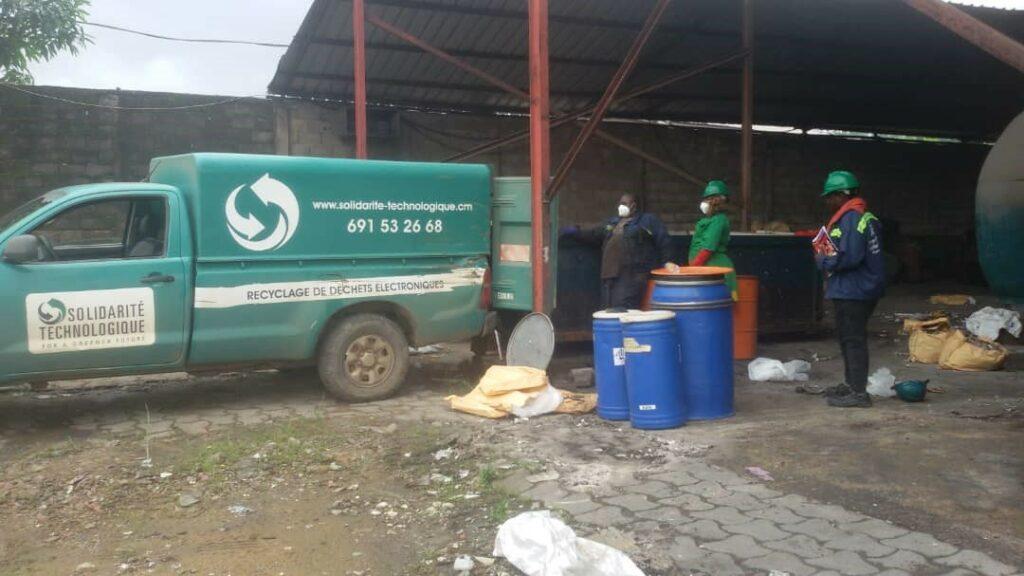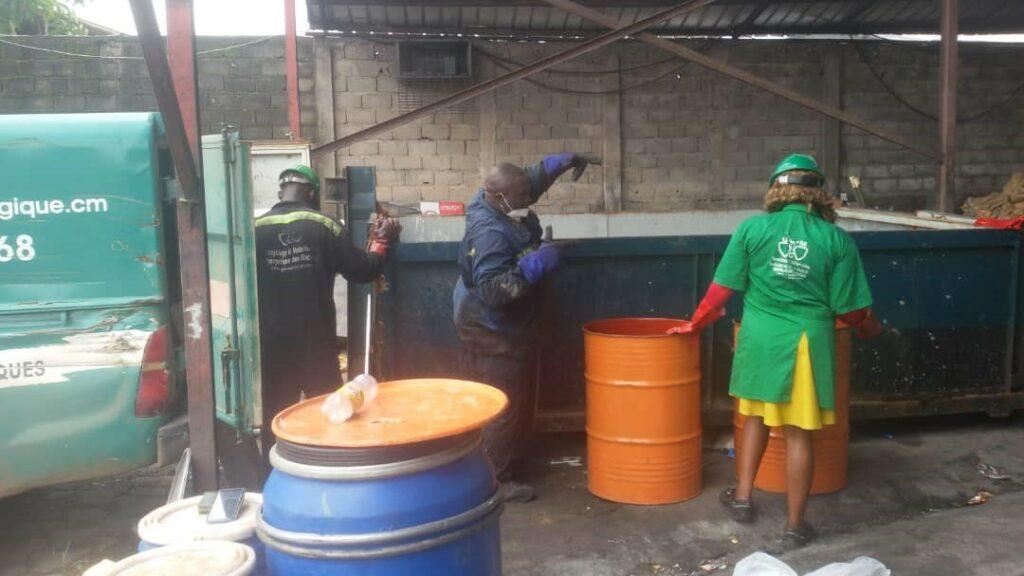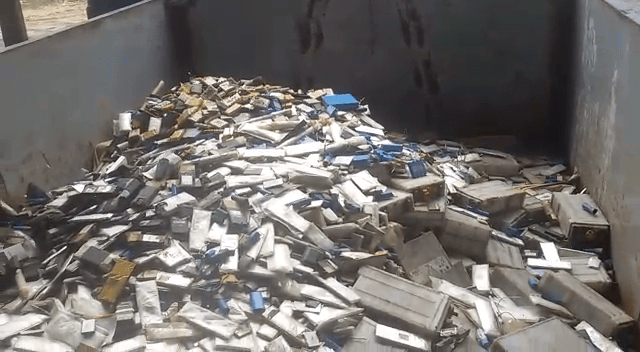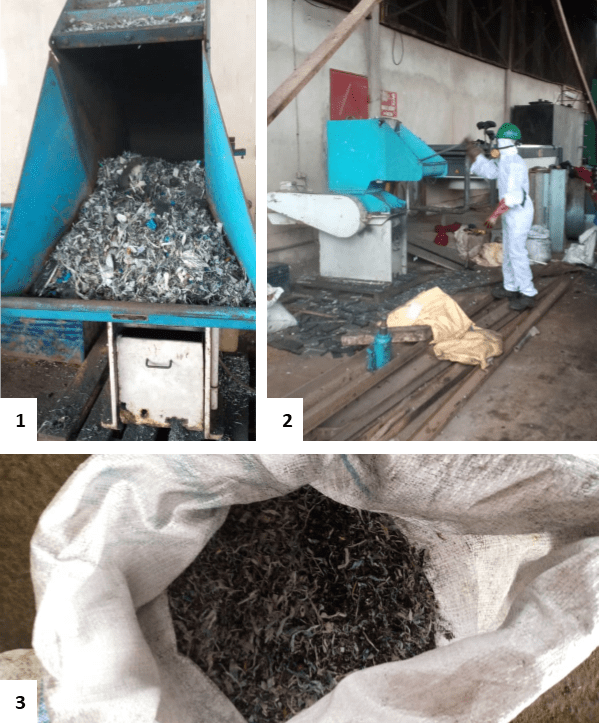Treatment of used batteries and accumulators in Cameroon: Controlled incineration


According to figures from the General Association of Municipal Hygienists and Technicians (AGHTM) and the Organisation for Economic Co-operation and Development (OECD), each person uses an average of twelve batteries per year. These batteries and accumulators are used by households and professionals. Most of them contain substances that are hazardous to human health and the environment.
According to French legislation, since 18 April 2022, Decree No. 2022-540 on the classification of waste classifies lead-acid batteries, Ni-Cd batteries and batteries containing mercury as hazardous waste.
At Solidarité Technologique, the treatment of batteries and accumulators is an imperative for the preservation of the environment.
The used electrical and electronic waste collected by Solidarité Technologique is of various types. The nature of the waste depends on the compounds it contains: saline, alkaline, zinc, lithium, nickel/cadmium, lead and mercury. These compounds constitute a real danger for the environment.
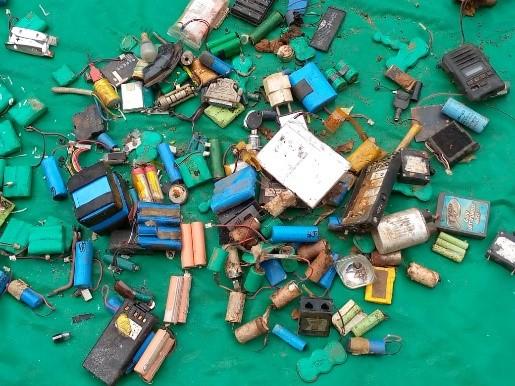
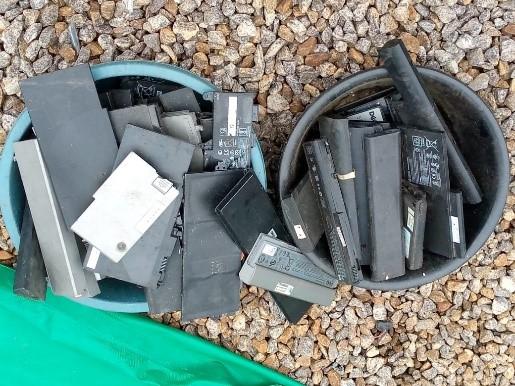
Garage Marine Cameroon (GMC Sarl) is the company to which the electrical and electronic waste was transferred for final disposal.
This GMC company practices industrial waste incineration with gas treatment to international standards.
The waste is broken up, crushed and transferred to the incineration unit. During the incineration process, the various emission standards are monitored with a KIGAZ 700 gas analyser for Carbon Monoxide (CO), Nitrogen Oxide (NOX), Sulphur Dioxide (SO2), Carbon Dioxide (CO2) and Oxygen (O2) to control the quality of the gases emitted from the incineration process
